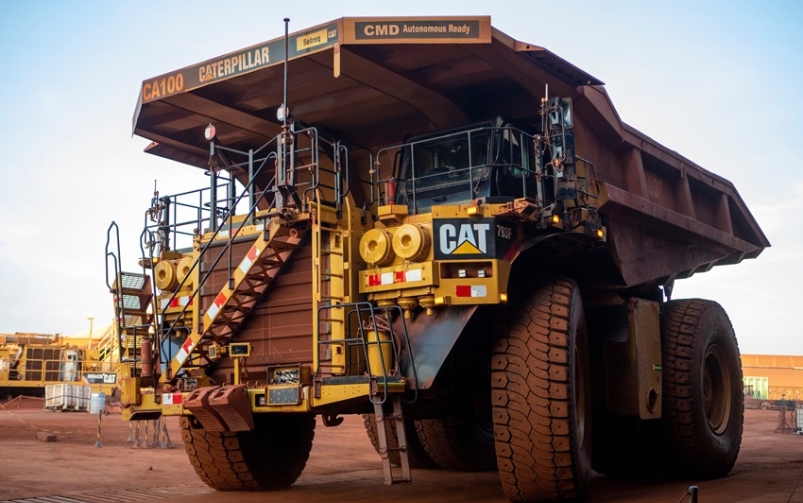In May 2024, Anfield Energy submitted its plan of operation for the Velvet-Wood project to Utah and the Bureau of Land Management, aiming to advance it to production alongside the Shootaring Canyon mill. Courtesy of Anfield Energy.
The U.S. Department of the Interior shared on Monday that it plans to expedite the environmental permitting process for B.C.-headquartered Anfield Energy’s proposed Velvet-Wood uranium and vanadium mine in southeastern Utah, supporting U.S. President Donald Trump’s push to increase domestic energy production.
The project is the first uranium project set to be expedited by the U.S. government under Trump’s newly established emergency permitting procedures, announced in April, to speed up the environmental review process for domestic energy projects.
A press release issued on May 13 stated that the environmental review for the project would be completed by the federal Bureau of Land Management within 14 days. The company had submitted the plan of operation to be approved in May 2024.
“We are very pleased that Velvet-Wood has been selected for expedited permitting,” said Corey Dias, chief executive officer of Anfield Energy, in the May 13 press release. “This marks a major milestone for Anfield as we look to play a meaningful role in rebuilding America’s domestic uranium and vanadium supply chain and reducing reliance on imports from Russia and China.”
Anfield Energy also owns the shuttered Shootaring Canyon uranium mill in Utah, located around 180 miles from the Velvet-Wood mine area, which the company plans to restart to convert uranium ore from the Velvet-Wood project into uranium concentrate. The mill was built in 1980, operated briefly in 1982, and has been under care and maintenance since then. According to the company, the mill is one of only three licensed, permitted and constructed conventional uranium mills in the United States.
The Velvet-Wood project was acquired by Anfield Energy from Uranium One in 2015. Prior to that, Atlas Minerals—its previous owner—mined approximately 400,000 short tons of ore from the Velvet deposit, with grades of 0.46 per cent uranium oxide and 0.64 per cent vanadium pentoxide, recovering about four million pounds of uranium oxide and five million pounds of vanadium pentoxide between 1979 and 1984.
A 2023 preliminary economic assessment from Anfield Energy estimated mine-related capital expenditures for the Velvet-Wood project at US$15.3 million.




